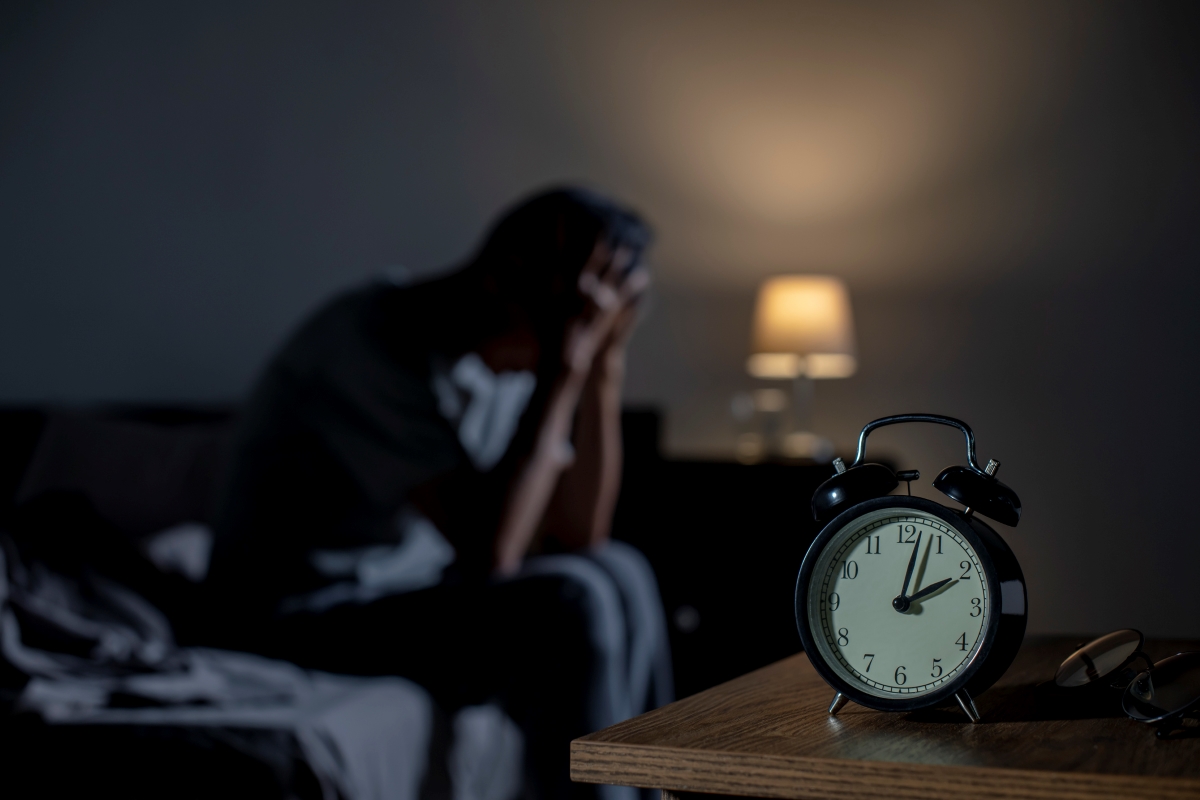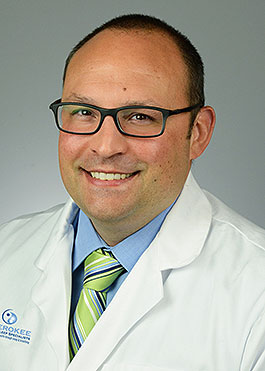
Sleep experts recommend adults regularly get seven or more hours of sleep a night. Many of us fall short — millions, in fact, according to the American Academy of Sleep Medicine: "Healthy sleep is essential for optimal health, performance and safety at work. Sleep works for you so that you can perform your best on the job."
Quality sleep plays a crucial role in learning, concentration, problem-solving and decision-making.
In addition to poor work performance, lack of sleep is linked with driving accidents, relationship problems and mood problems like anger and depression. It also can increase your risk for heart disease, kidney disease, high blood pressure, diabetes and stroke.
In this video, Northside Hospital sleep expert Dr. Jason Krahnke discusses insomnia, a common sleep disorder in which one has difficulty falling and/or staying asleep.
Krahnke is a board-certified sleep medicine physician and specializes in the evaluation, diagnosis and treatment of sleep disorders as well as sleep study interpretation.
Roughly 28% of Americans report suffering from insomnia.
There are many reasons you may not be getting enough sleep, despite having a safe, dark environment conducive to sleep.
Besides racing thoughts or worrying at bedtime, electronic devices such as computers, phones and tablets emit blue light that can stimulate the brain and prevent a person from becoming sleepy. Commonly prescribed medications, including some over-the-counter medications, also can contribute to insomnia.
The first step in treating insomnia is to practice good sleep habits.
Sleep disorders that go untreated can cause serious medical conditions. When lifestyle changes don’t work, it is essential to see a certified sleep specialist, specifically trained in sleep disorders, to determine your specific condition and find the right treatment for you.
Reference:
American Academy of Sleep Medicine

